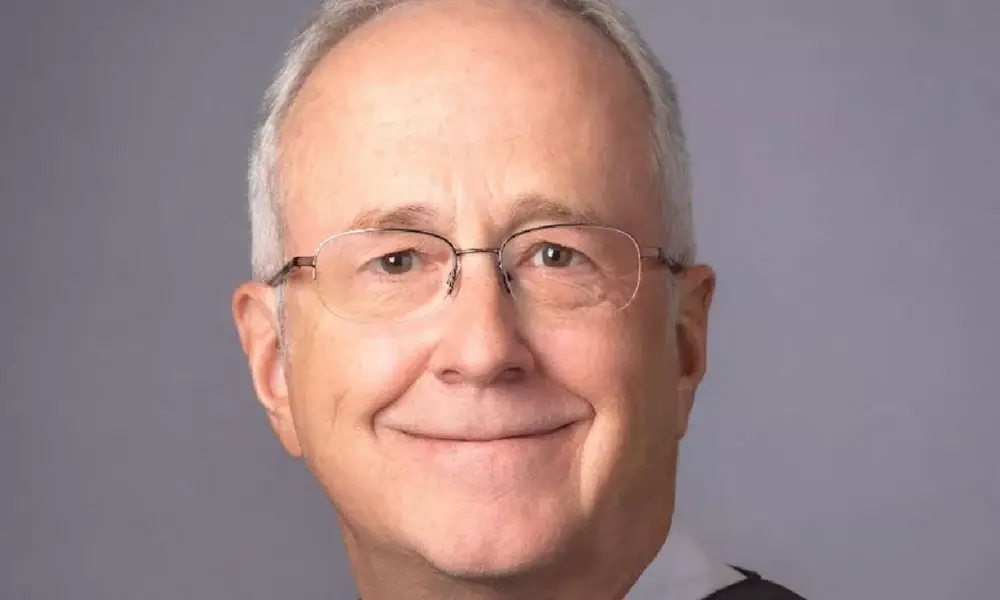URGENT UPDATE: A growing debate has erupted over the role of teachers’ unions in political advocacy, raising critical questions about their use of union dues. As of September 2023, many educators are challenged to justify the allocation of their dues towards political positions, similar to how various American interest groups and wealthy donors operate.
Teachers’ unions have long been a powerful force in shaping education policy across the United States. Recent reports indicate that these organizations are intensifying their political activities, advocating for policies that directly affect teachers and students. Officials from several prominent unions argue that this advocacy is essential for protecting educators’ rights and ensuring quality education for children.
The stakes are high; according to recent estimates, teachers’ unions collectively manage over $3 billion in dues annually. This funding is used not only for collective bargaining but also for lobbying efforts that could fundamentally alter educational landscapes.
In a statement, Randi Weingarten, president of the American Federation of Teachers, emphasized,
“Our dues are invested in protecting our students and our profession. We have a responsibility to ensure that teachers have a voice in the political arena.”
This highlights the union’s commitment to influencing legislation that impacts education at both state and federal levels.
Critics, however, argue that union dues should focus solely on direct educational improvements rather than political activities. They contend that many teachers are not in favor of the political positions being promoted, leading to a potential divide within the union’s membership. This sentiment has sparked a wave of discussions in teacher communities across the country, particularly in California and Texas, where union influence is notably strong.
As this debate unfolds, the impact on teachers and students remains a pressing concern. Educators are now more than ever questioning how their dues are utilized and whether they align with their personal beliefs and priorities.
Moving forward, it is crucial to monitor how this conversation affects union membership and political engagement among teachers. The outcomes could redefine the relationship between educators and their unions in a significant way.
Stay tuned for updates as this situation develops, and join the conversation about the future of teachers’ unions and their role in American education.







